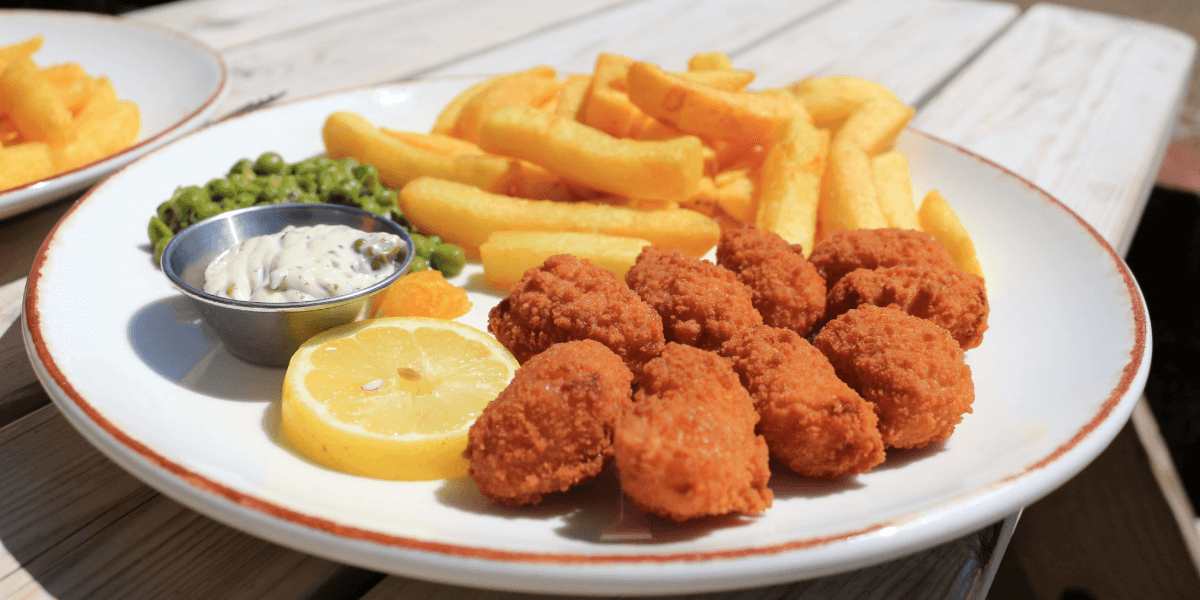Environmental Damage Linked to Scampi Sourcing: Call for Investigation
Posted by Emily on 3rd Jun 2024 Reading Time:
A recent complaint by the charity Open Seas has urged the UK's Competition and Markets Authority (CMA) to investigate the environmental sustainability of scampi sourcing. The charity claims that scampi, a popular seafood snack, is sourced through practices causing "extensive environmental damage." Open Seas disputes the claims made by supermarkets that scampi is "responsibly sourced," asserting that the trawling methods used are harmful to marine ecosystems.

The controversy centres around the method used to catch langoustines, the primary ingredient in scampi. According to Open Seas, heavy nets trawling the seabed significantly destroy marine habitats and a high level of bycatch—marine life caught unintentionally and often discarded. Nick Underdown, Head of Campaigns at Open Seas, stated that this practice breaches CMA guidelines, which mandate that marketing claims be truthful and unambiguous.
In response, the British Retail Consortium (BRC) has maintained that retailers are collaborating with suppliers to meet sustainability expectations. However, Open Seas argues that the "responsibly sourced" label misleads consumers. The charity emphasises the need for effective vessel monitoring to track and manage the impact of scampi fishing on marine life.
Supermarkets' Commitment Questioned
The largest UK manufacturer of scampi, Whitby Seafoods, along with major retailers like Marks & Spencer, Sainsbury's, and Tesco, are part of an industry-led Fisheries Improvement Project (FIP). Despite this, Open Seas remains sceptical about the progress and accuracy of self-reporting within the industry. Phil Taylor, Director of Open Seas, criticises the slow pace of addressing issues such as bycatch and seabed damage, calling for immediate action from supermarkets.
Call for Improved Monitoring and Management
Open Seas' open letter to UK supermarkets demands improved vessel monitoring and effective management to protect marine habitats. The charity highlights the detrimental effects of bottom trawling and urges retailers to support measures that ensure sustainable practices. Environmental campaigners like Hugo Tagholm from Oceana UK and Fiona Nicholls from Greenpeace UK echo these concerns, stressing the urgent need for supermarkets to take responsibility for their sourcing methods.

Broader Implications for Sustainability Claims
The debate over scampi sourcing raises broader questions about the credibility of sustainability claims in the seafood industry. As consumers become increasingly aware of environmental issues, the pressure on retailers to provide transparent and truthful product information intensifies. The outcome of the CMA's investigation could set a significant precedent for how environmental claims are regulated and enforced in the future.
We invite our readers to share their thoughts on this issue. Do you believe supermarkets should do more to ensure sustainable sourcing? How can consumers make informed choices about the seafood they purchase? Comment below and join the conversation.

